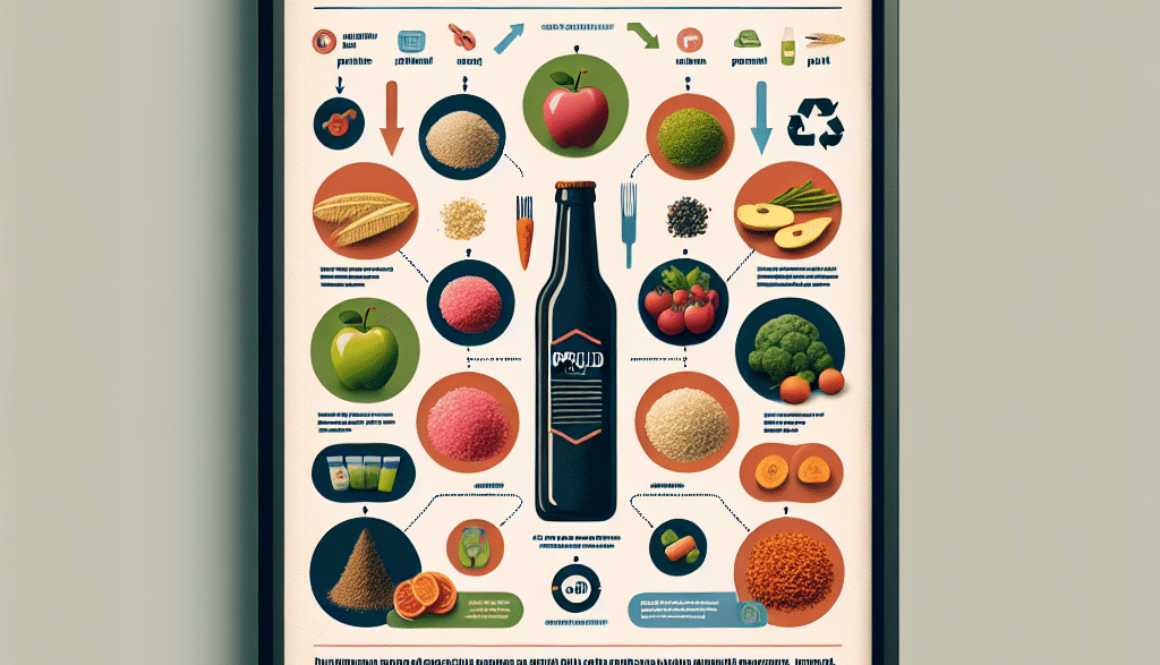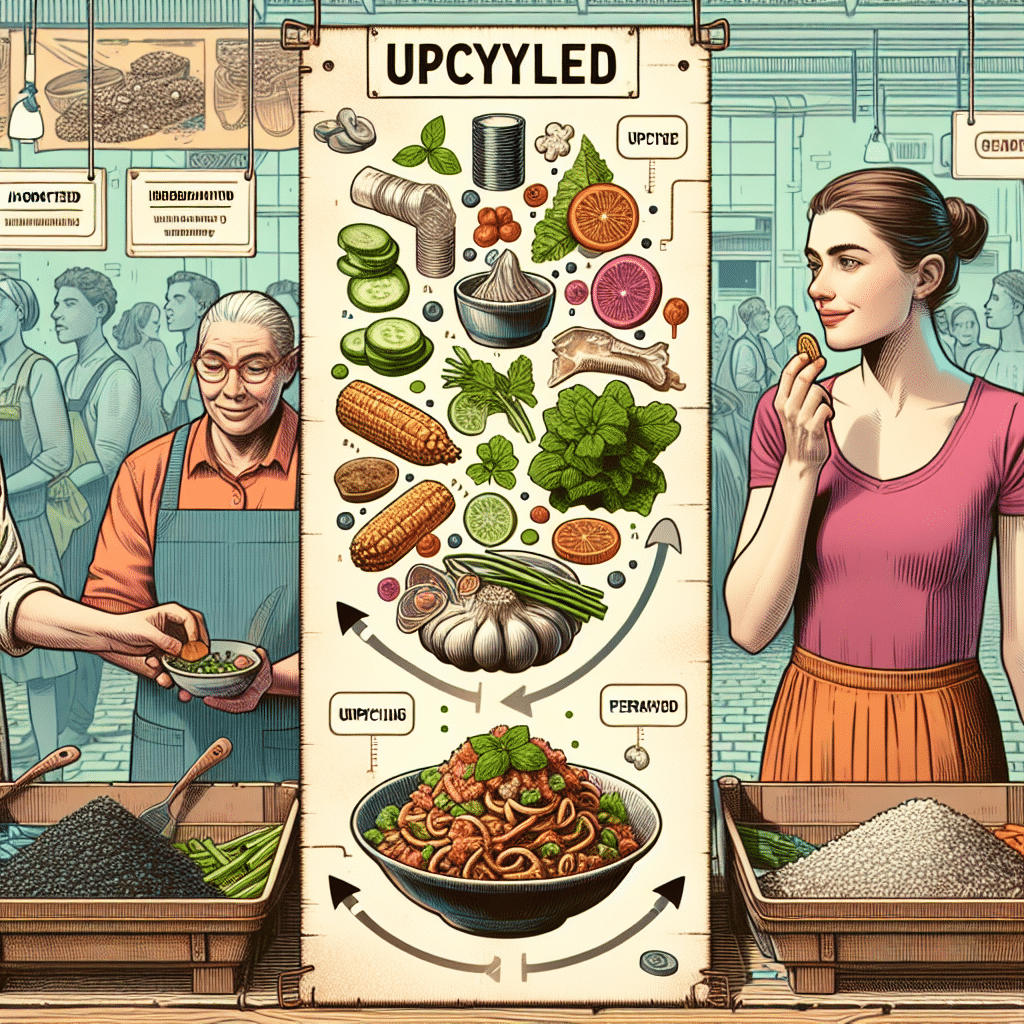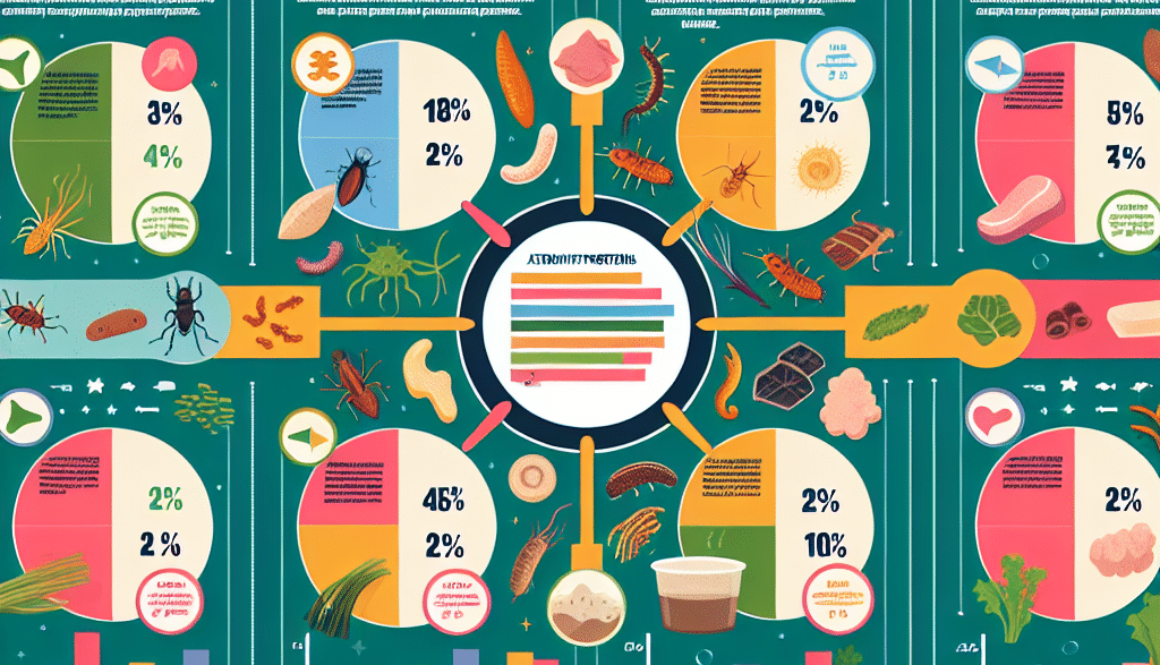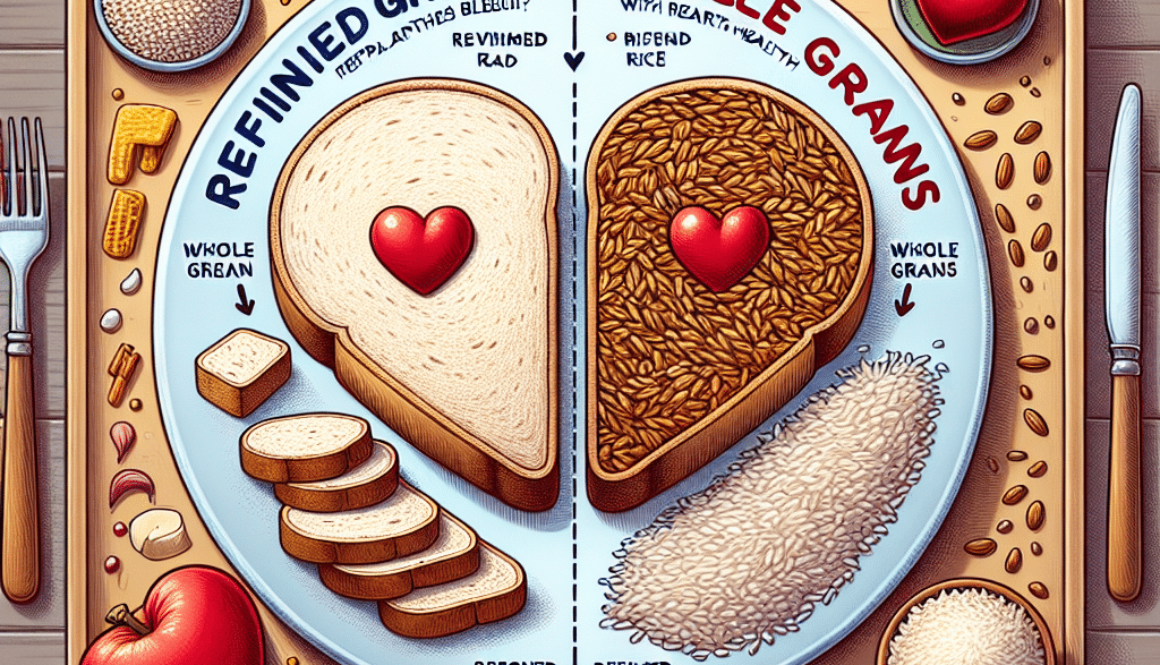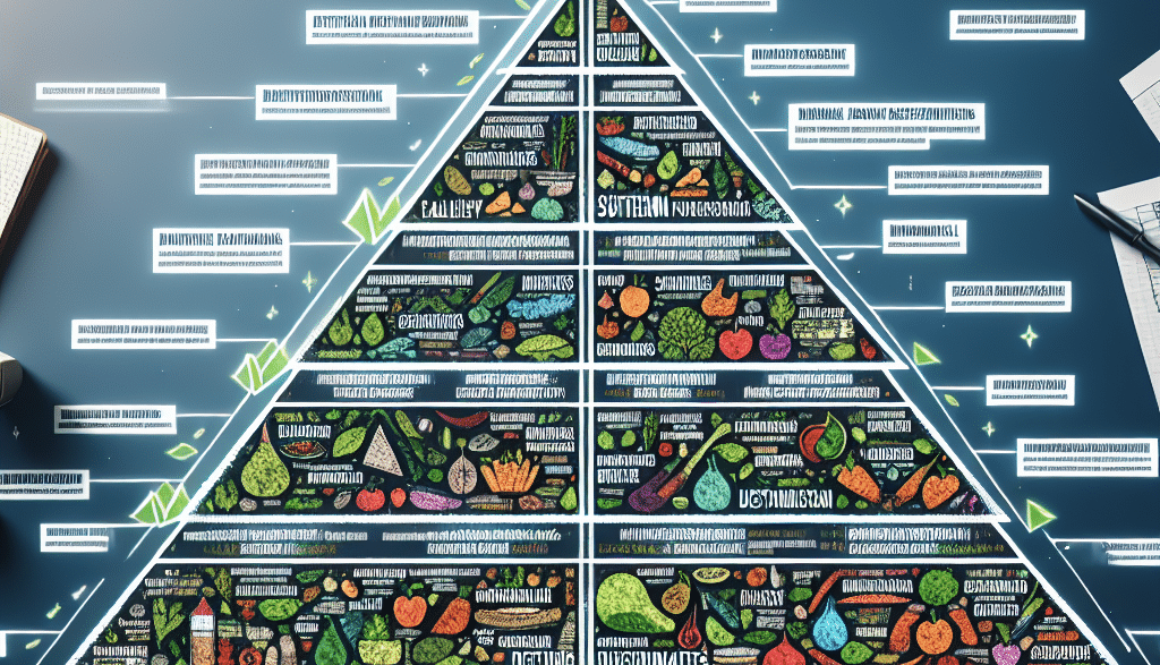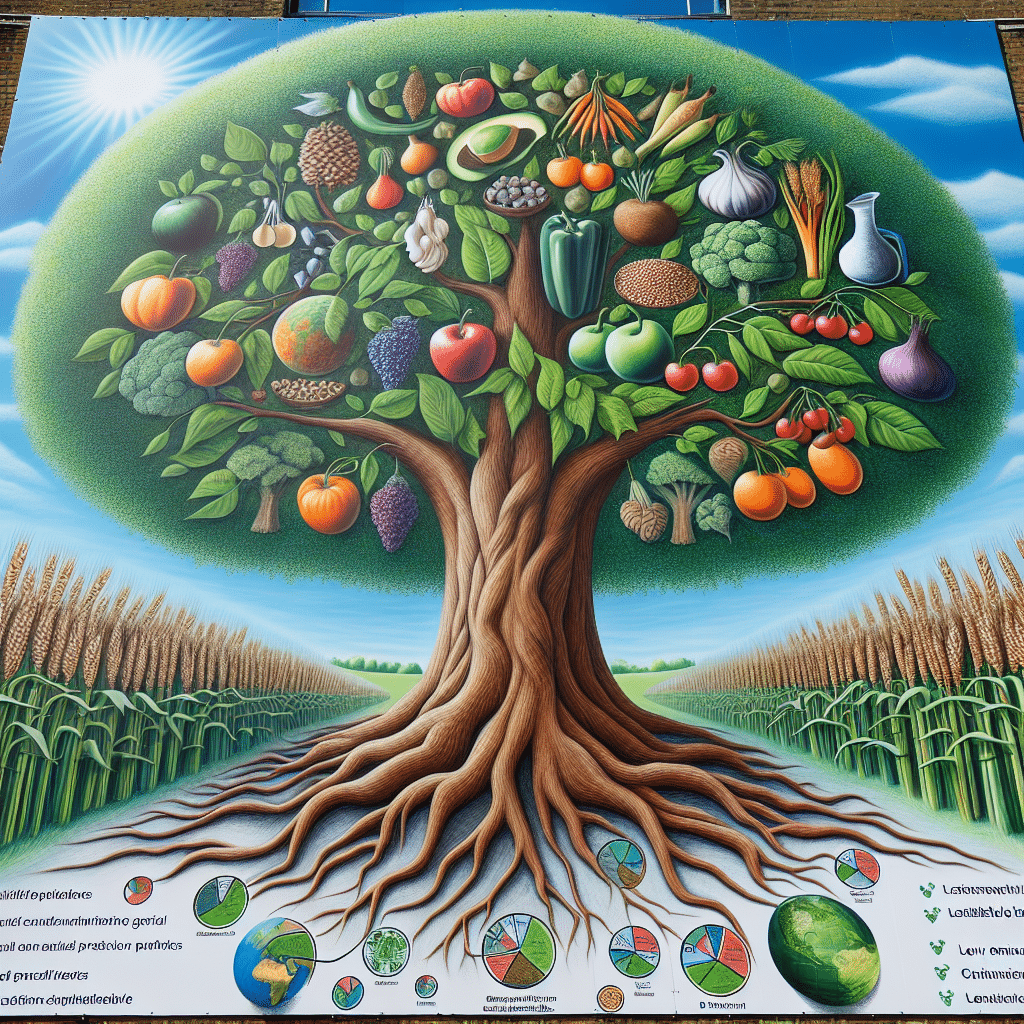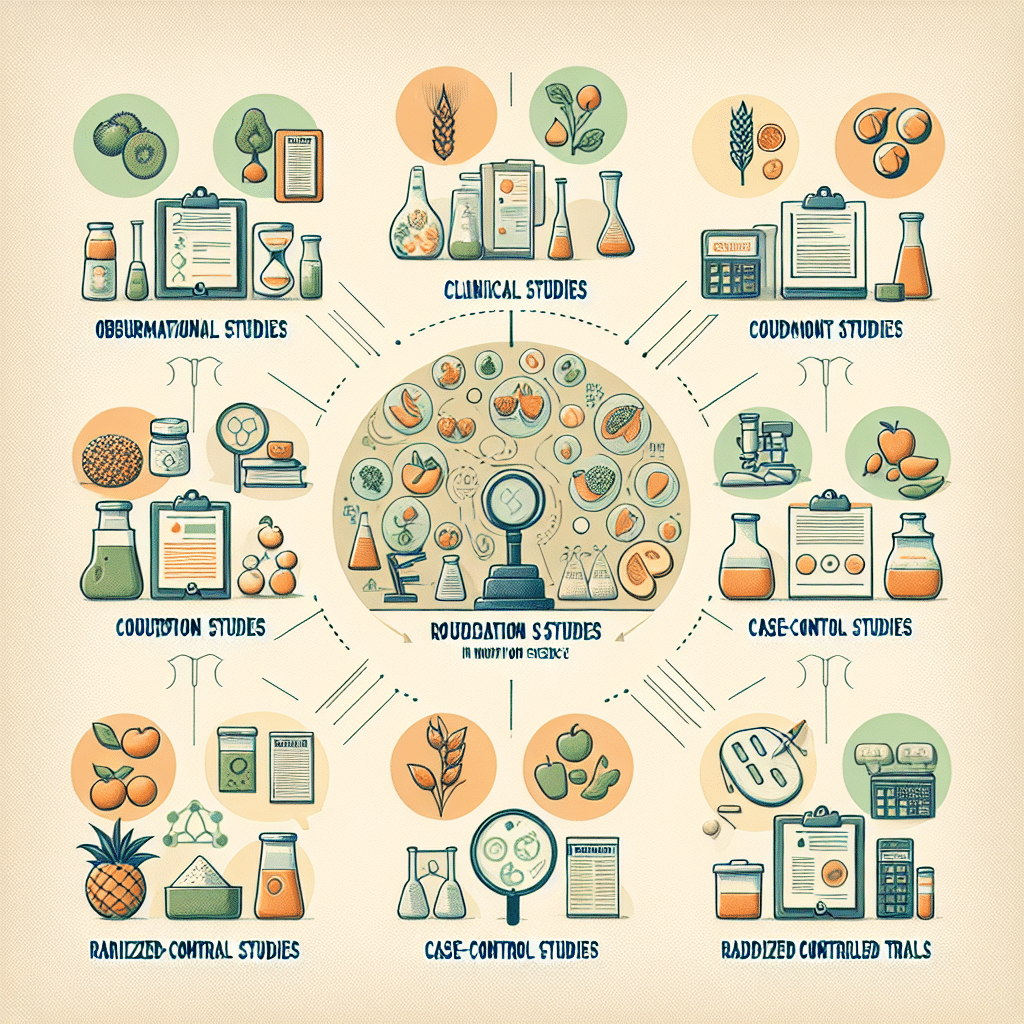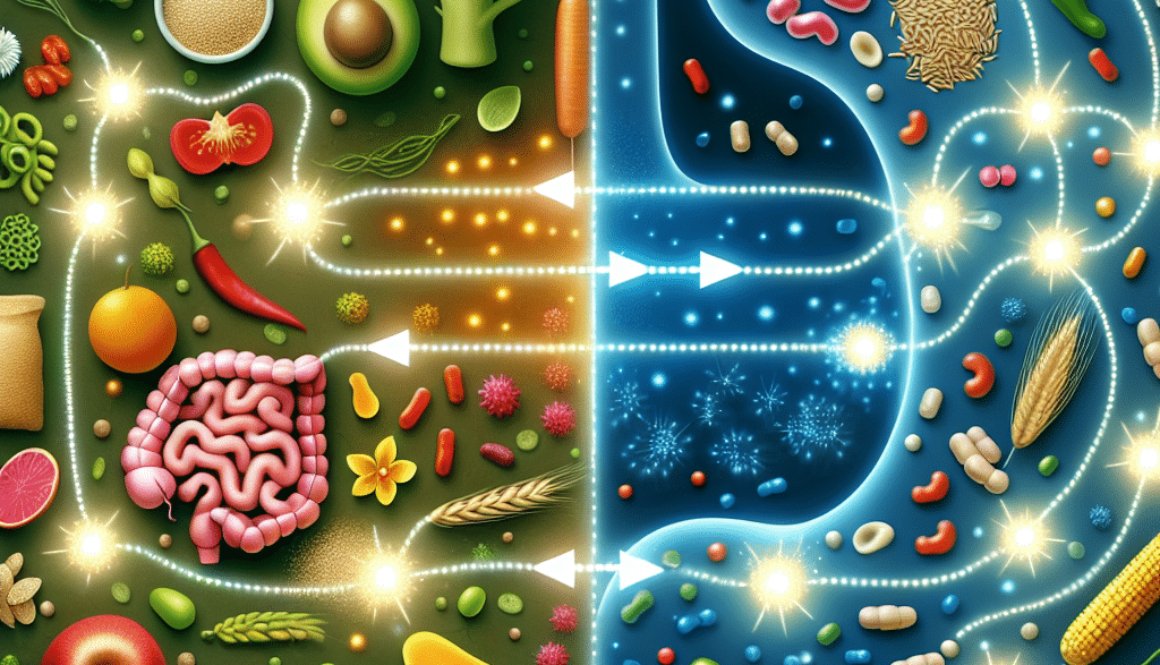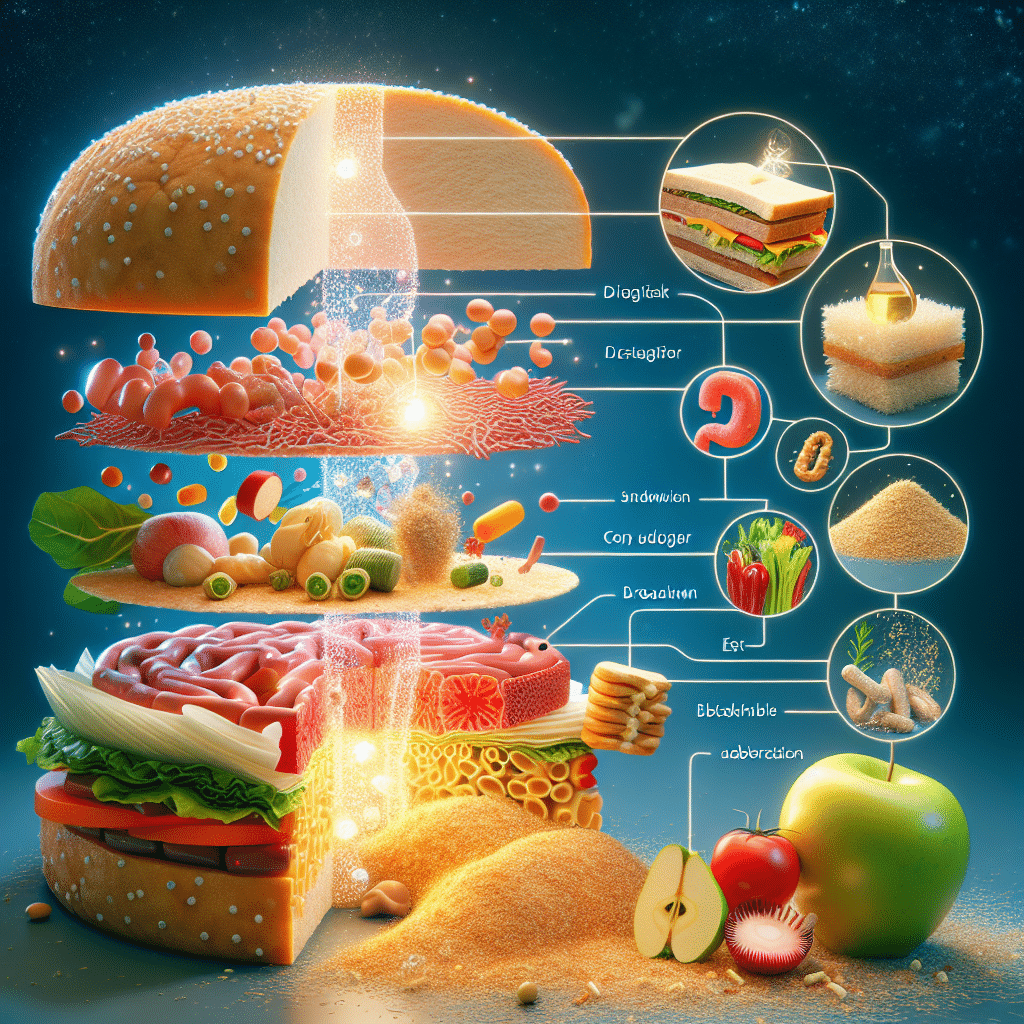Upcycled Ingredients, Nutrition, and Purchase Intent
-
Table of Contents
- Upcycled Ingredients: Boosting Nutrition and Influencing Purchase Intent
- The Rise of Upcycled Foods
- Nutritional Advantages of Upcycled Ingredients
- Consumer Purchase Intent and Upcycled Products
- Case Studies and Statistics
- Challenges and Opportunities
- Conclusion: Embracing Upcycled Ingredients for a Sustainable Future
- ETChem: Your Source for Premium Protein Products
Upcycled Ingredients: Boosting Nutrition and Influencing Purchase Intent
In an era where sustainability and health are at the forefront of consumer minds, upcycled ingredients have emerged as a revolutionary trend in the food industry. These ingredients, which would otherwise be discarded as waste, are being transformed into nutritious, eco-friendly products that appeal to the environmentally conscious and health-savvy shopper. This article delves into the nutritional benefits of upcycled ingredients, their impact on purchase intent, and how they are shaping the future of food consumption.
The Rise of Upcycled Foods
Upcycled foods are made from ingredients that would typically be left unused, often considered byproducts of other manufacturing processes. The upcycling movement aims to reduce food waste by creatively repurposing these elements into new, valuable products. This not only helps in minimizing the environmental impact of food production but also offers additional nutritional benefits to consumers.
Nutritional Advantages of Upcycled Ingredients
One of the most compelling aspects of upcycled ingredients is their nutritional profile. Often, the parts of food that are discarded are rich in vitamins, minerals, and fiber. For example:
- Fruit Pomace: The pulpy residue left after fruit juice extraction is high in fiber and antioxidants.
- Spent Grains: After brewing beer, the remaining grains are a great source of protein and dietary fiber.
- Vegetable Scraps: Peels and stems are often packed with nutrients and can be transformed into broths or powders.
By harnessing these nutrient-dense byproducts, upcycled foods can contribute to a balanced diet and support overall health.
Consumer Purchase Intent and Upcycled Products
The decision to purchase upcycled products is influenced by several factors, including environmental concerns, interest in unique and innovative products, and the desire for healthier food options. Studies have shown that consumers are increasingly willing to support brands that demonstrate a commitment to sustainability. Upcycled ingredients resonate with this sentiment, often leading to a positive impact on purchase intent.
Case Studies and Statistics
Several companies have successfully integrated upcycled ingredients into their products, witnessing a favorable response from consumers. For instance:
- A snack company using upcycled fruit and vegetable pulp reported a significant increase in sales after highlighting the environmental benefits of their products.
- A bakery utilizing spent grains from local breweries has attracted health-conscious customers interested in the added nutritional value.
Statistics further underscore the trend:
- According to a report by Future Market Insights, the upcycled food waste market is expected to grow by 5% annually through 2030.
- A survey by the Upcycled Food Association found that nearly 60% of consumers want to buy more upcycled food products to prevent food waste.
Challenges and Opportunities
While the upcycled food movement presents numerous opportunities, it also faces challenges. Educating consumers about the benefits of upcycled ingredients and overcoming preconceived notions about food waste are critical hurdles. However, with increasing awareness and supportive policies, the potential for growth in this sector is substantial.
Conclusion: Embracing Upcycled Ingredients for a Sustainable Future
Upcycled ingredients offer a promising path towards a more sustainable and nutritious food system. By reducing waste and enhancing the nutritional content of our diets, these innovative products are gaining traction among consumers who prioritize health and environmental responsibility. As the trend continues to grow, we can expect to see more upcycled products on store shelves, influencing purchase intent and contributing to a healthier planet.
ETChem: Your Source for Premium Protein Products
If you’re looking for high-quality protein to complement your nutrition-focused lifestyle, ETChem’s protein products are an excellent choice. Their extensive range of collagens, including marine, fish, bovine, and chicken collagen, provides a neutral taste and instant solubility, making them perfect for various applications. Whether you’re involved in the nutraceutical, pharmaceutical, or food and beverage industry, ETChem has the protein solutions to meet your needs.
About ETChem:
ETChem, a reputable Chinese Collagen factory manufacturer and supplier, is renowned for producing, stocking, exporting, and delivering the highest quality collagens. They include marine collagen, fish collagen, bovine collagen, chicken collagen, type I collagen, type II collagen and type III collagen etc. Their offerings, characterized by a neutral taste, instant solubility attributes, cater to a diverse range of industries. They serve nutraceutical, pharmaceutical, cosmeceutical, veterinary, as well as food and beverage finished product distributors, traders, and manufacturers across Europe, USA, Canada, Australia, Thailand, Japan, Korea, Brazil, and Chile, among others.
ETChem specialization includes exporting and delivering tailor-made collagen powder and finished collagen nutritional supplements. Their extensive product range covers sectors like Food and Beverage, Sports Nutrition, Weight Management, Dietary Supplements, Health and Wellness Products, ensuring comprehensive solutions to meet all your protein needs.
As a trusted company by leading global food and beverage brands and Fortune 500 companies, ETChem reinforces China’s reputation in the global arena. For more information or to sample their products, please contact them and email karen(at)et-chem.com today.

